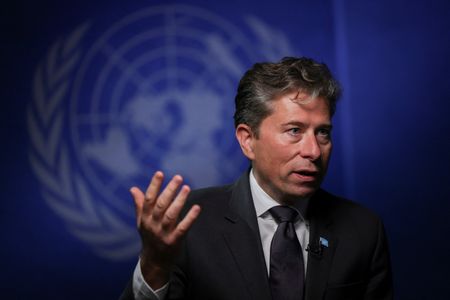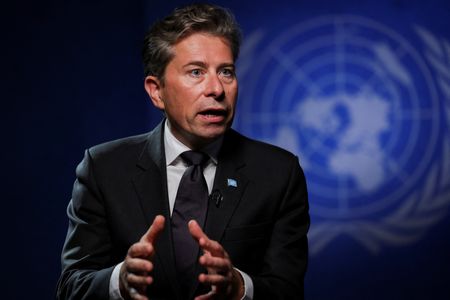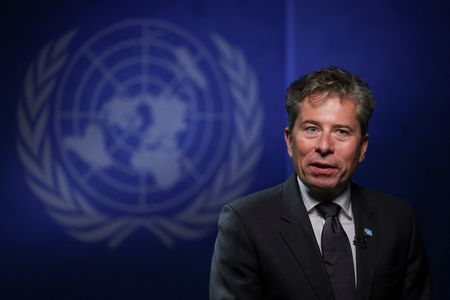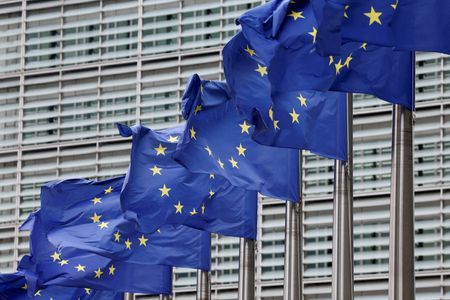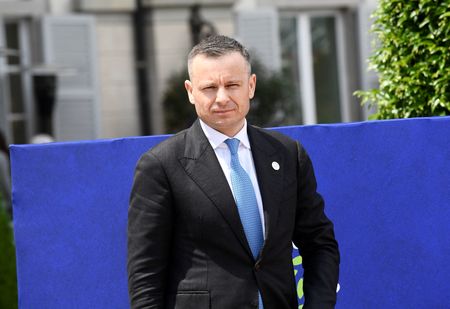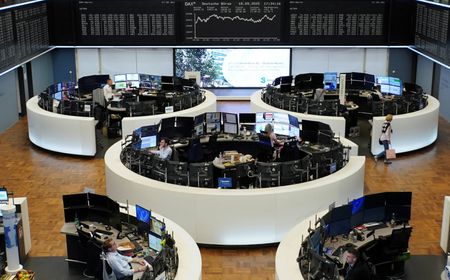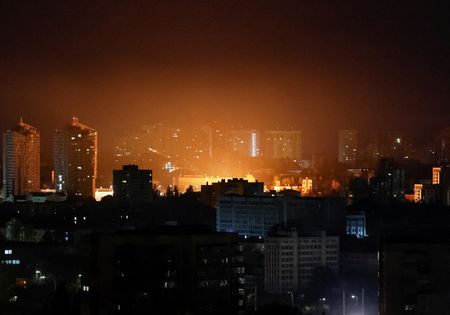By Michelle Nichols
UNITED NATIONS (Reuters) -United Nations aid chief Tom Fletcher hopes the world body will fight back against a “sustained attack” on its values and finances next week at an annual gathering of world leaders, and said humanitarians could not afford to wait for the U.S. to restore funding.
Aid worker killings rose nearly a third to almost 400 last year, the most deadly year since records began in 1997, according to U.N. data. Then in January, U.S. President Donald Trump returned to power and slashed U.S. foreign aid, sparking global humanitarian chaos.
“It has been a really rough year,” Fletcher told Reuters in an interview on Thursday, adding the U.N. should show world leaders how it can save lives and work to end conflicts.
“We reckon that the support is out there. I don’t think there is less support for kindness, compassion, global solidarity than there was just because of the results of a few elections.”
He remains hopeful that Washington, which was the world’s biggest humanitarian aid donor, could be convinced to restore and continue some funding, “but in the meantime, we can’t wait.”
The Trump administration cut billions of dollars in foreign aid that it believed was not aligned with its “America First” foreign policy. Trump has also said the U.S. pays disproportionately for foreign aid and wants other countries to shoulder more of the burden.
SMALL PRICE
David Miliband, head of the International Rescue Committee aid group, said more than two million people had lost services – such as education in Afghanistan and healthcare for Sudanese refugees – after the U.S. cut more than three-quarters of IRC’s grants and contracts.
“We have a very clear agenda that says to the U.S. government: We can respect your determination to achieve reform. We can respect your determination to achieve value for money. Let’s work together to make sure that for a very small size of American income we’re able to do outsized good in the world,” he told Reuters in an interview on Thursday.
Miliband said Europe was going to step up to help fill the gap left by U.S. cuts, but others needed to do so as well.
“We haven’t seen that yet,” he added.
The annual gathering of world leaders in New York next week will be more important than usual, Miliband said, with China pitting itself at the future of the multilateral system, while the U.S. was taking an America first approach.
“There’s a void to be filled,” Miliband said. “I think that while for Americans, the U.N. can seem like bureaucracy or traffic jams in New York, for the rest of the world, they’re looking for leadership and that’s what we’re calling for next week.”
(Reporting by Michelle Nichols; Editing by Nia Williams)

